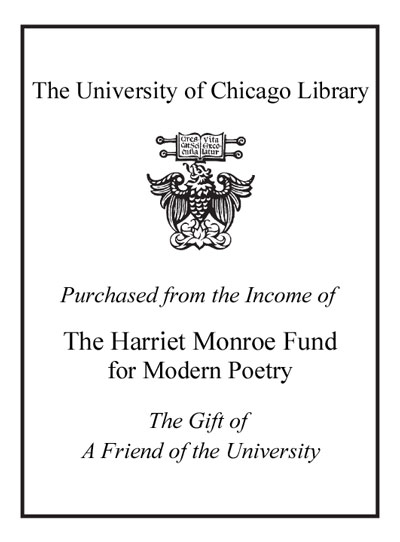Review by Publisher's Weekly Review
Maher, who teaches high school English in Jack Kerouac's hometown of Lowell, Mass., and is former editor of the Kerouac Quarterly, aggressively upholds the local hero's literary and personal reputation. The result is less critical biography than gushing fan letter, in which adulation of Kerouac's "personal courage" in adopting an unorthodox writing style trumps any serious literary analysis. Predominantly relying on Kerouac's writings as the basis for his life story raises obvious methodological questions and also loads the account with irrelevant details. More disturbingly, Maher bends over backward to clean up his subject, suggesting Kerouac's persistent expressions of racism, anti-Semitism and homophobia were somehow aberrational or else an unfortunate side effect of alcoholism, for which excuses also abound. The sympathy frequently verges on the ridiculous, as when Maher blames Allen Ginsberg and others for being more concerned about the obscenity trial over "Howl" than about Kerouac's feelings. Previous biographers come under heavy criticism, and though it's rarely stated outright, the main point of contention appears to be the possibility Kerouac had sex with other men. Maher rejects the evidence, accepting on its face Kerouac's claim to have slept with hundreds of women; presented with firsthand testimony from Gore Vidal, he dismisses the account as "sodomous." This hero worship contributes little, if anything, to the debate over the beat generation icon's literary merits. 24 b&w photos not seen by PW. (June) (c) Copyright PWxyz, LLC. All rights reserved
(c) Copyright PWxyz, LLC. All rights reserved
Review by Library Journal Review
A book with the word definitive in the title is immediately judged on depth of content. For a subject as provocative as Jack Kerouac, this means comparison with a number of existing biographies, beginning with Ann Charter's Kerouac. Charters, a well-known chronicler of Beat writers, worked briefly with Kerouac before his death and interviewed many of his closest contemporaries. While her Beat writings have the advantage of those contacts, they have also been criticized for inaccuracies that have been repeated by other biographers. Indeed, Kerouac research was for decades limited because his personal journals were unavailable to scholars. That has all changed now that the New York Public Library holds the Kerouac archive, which forms the basis of Maher's work. For the most part, it constitutes just another part of the Kerouac story, further developing his childhood and his Franco-American heritage. It is therefore less a definitive biography than a useful piece in a difficult puzzle. It also suffers from a stark, flat prose style and an overwrought focus on Kerouac's hometown of Lowell, MA, where Maher, former editor of the Kerouac Quarterly, teaches English and writing. Still, it sheds new light on a writer of considerable interest. For public and academic libraries.-Eric C. Shoaf, Brown Univ. Lib., Providence (c) Copyright 2010. Library Journals LLC, a wholly owned subsidiary of Media Source, Inc. No redistribution permitted.
(c) Copyright Library Journals LLC, a wholly owned subsidiary of Media Source, Inc. No redistribution permitted.
Review by Publisher's Weekly Review
Review by Library Journal Review

